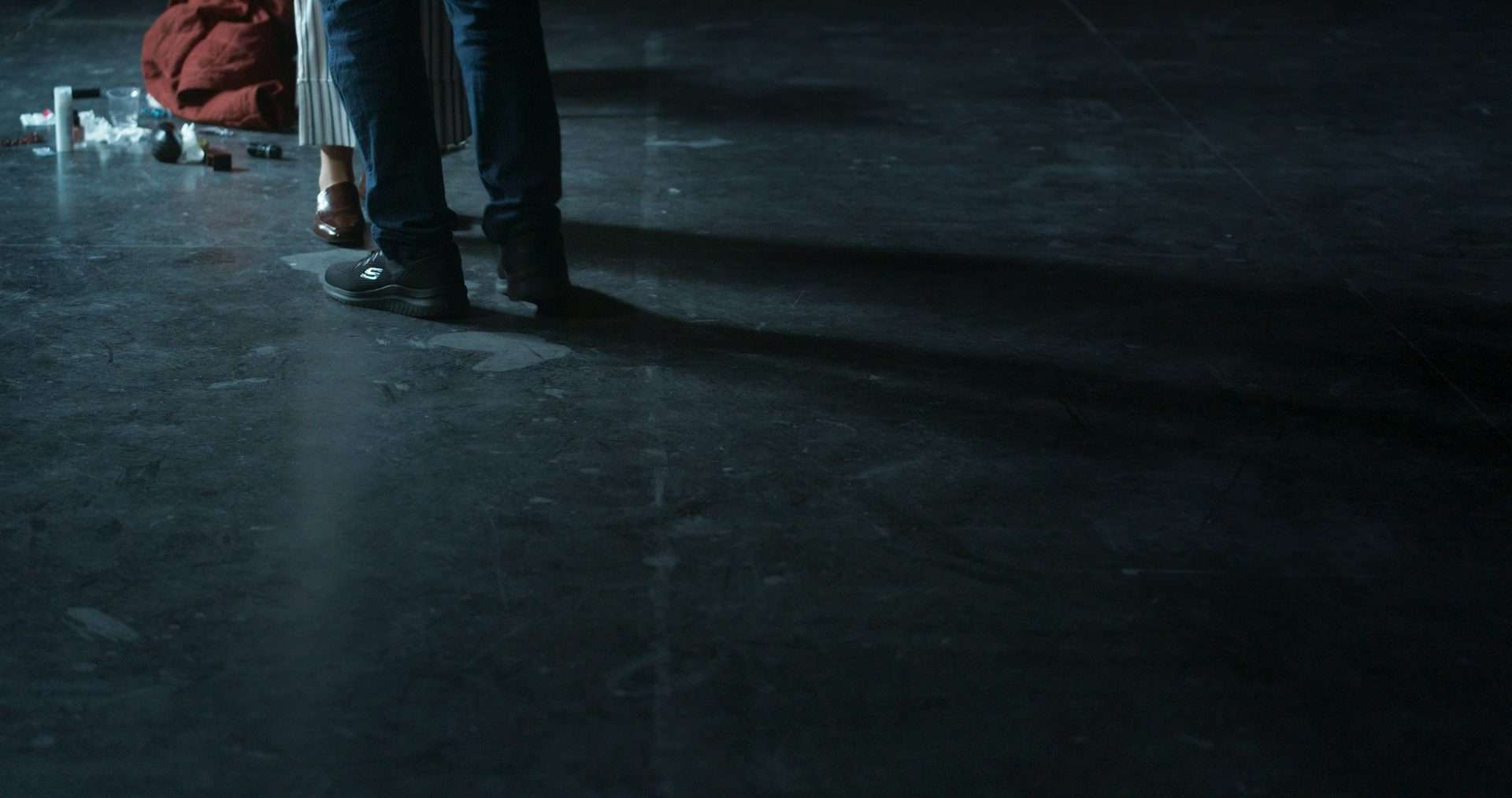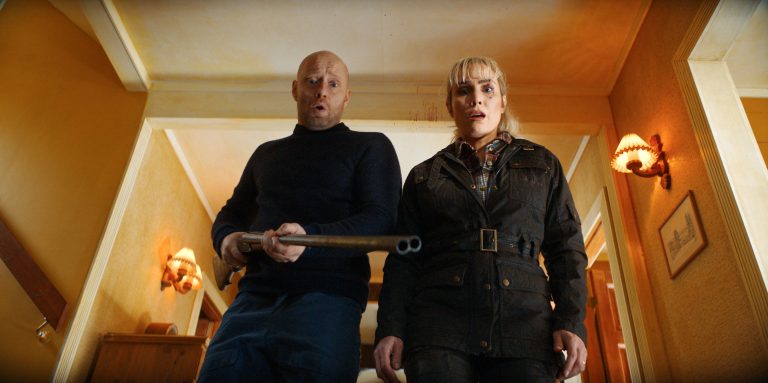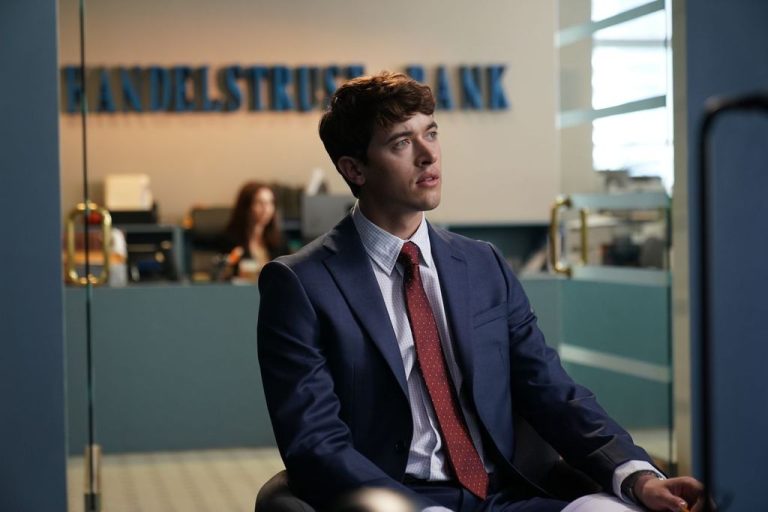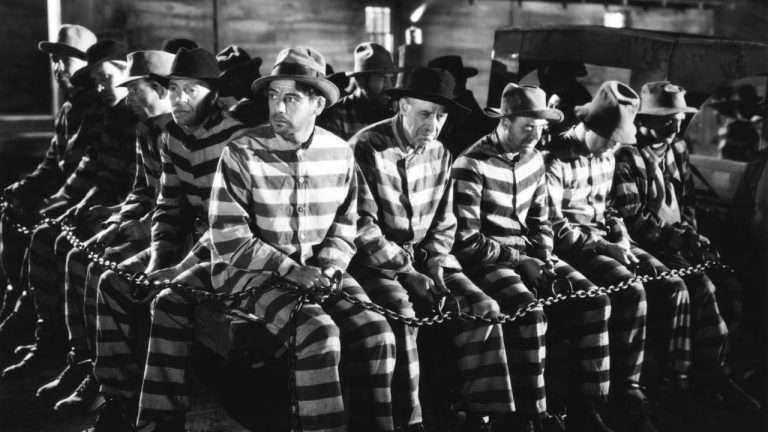Mehrnoush Alia’s “1001 Frames” focalises a black-box setting. A group of actresses is auditioning for the role of Scheherazade in A Thousand and One Nights. The camera sticks to their facing us, as they endure the several unusual, excessive expectations laid by the male director, who stays out of frame
Alia refracts the tight proceedings through the prism of loaded, discomfiting inquiries into power, and its abscesses. Who wields power to what end? Whose position becomes ultimately suspect? The director has the benefit of top-lining the hierarchy, calling the shots, and dictating the design. “1001 Frames” employs an interrogative lens, delineating the power chasms with immediate candor. Initially, it’s Firoozeh, the most experienced in the lot, who takes aim at and questions the scope and intent of the director. We learn that she has been boycotted for a decade. Hence, there’s nothing that she risks displeasing. She calls out whoever strikes her as odd, forced, and inappropriate.
She’s passionately critical of the process, its shades of deceit and lack of transparency. She’s been through the whole grind, deeply familiar with what it asks, to recognize what’s off-bounds. There’s so much the actress’ body is made to bear, the director’s gaze establishing a clear purview of cutting judgment. The body becomes a vulnerable site, accosted with skewed designs and perverse motivations. The film is alert to the complex dynamics between the director and the actress, wrangling out all the exploitation that gets bandied out in the name of ‘direction’.

The younger auditioning actresses are more cautious and reserved but not wholly meek and subservient. It dawns on them that the demands imposed on them are untoward. When the director spots one of the actresses’ veils slip out of her bag, he instantly orders her to wear it in the scene. It makes her uncomfortable. She insists the veil is just for being in her neighborhood.
She’d rather not put it on in the audition nevertheless she accedes as he keeps pressing. With another actress, the director instructs her to walk provocatively. The actress interjects. She can’t recall a scene of seduction existing in the text. How would he make the film in Iran? Doubts assume a centrality. Soon, all start taking issue with the method. They also wonder why it’s just the director who’s present. An air of unprotectedness fills the room, activating our instincts for the predator in such a situation.
It’s what the film emphasizes front and center, the growing exertion of doubts, even if the initial response in the actresses reflects a desire to surrender. The director keeps nudging them. How far are they ready to go for a role? Do they at all have what it takes? Or do they view the opportunity as just a whim, a fancy to indulge in for a brief while and dismiss summarily? With such manipulative logic buttressing his argument, the actress is required to surrender with absolute devotion. No questions are to be raised. They must do the job without complaint or objection. To rattle off a contention or two is to poke directly into the foundation that seeks to privilege the figure of the director and uphold and sanctify his cultish personality. This can’t happen; it’d be inconvenient if it were to pass.
At one point, the director demands an actress to recount horrid things that have happened in her family. She’s asked to enact the murder of her mother by her grandfather. It’s a distressing scene – she performing the throttling that had happened. The actresses lash out at the imposition of drawing from their personal traumas, his probing heedless of any boundary. “1001 Frames” is a brilliant, scathing barb at the prerogative power, which male power considers guaranteed to itself, one that will not stand any countering.
There’s great merit and power to be found in a film like this, which generates incisive accountability and unmasks the process in all its punishing extremity. It’s difficult, bruising in its spare, fuss-free, confrontational design until a final empathetic intrusion brings some relief and provides a much-needed reorienting of perspective.



![Heavenly Creatures Review [1994]: Friendship. Love. Imagination. Obsession. Murder.](https://79468c92.delivery.rocketcdn.me/wp-content/uploads/2018/06/Heavenly-Creatures-768x478.jpg)

![Je suis Karl [2021] Netflix Review: Potent political thriller falls short due to uneven and heavy-handed execution](https://79468c92.delivery.rocketcdn.me/wp-content/uploads/2021/09/Je-Suis-Karl-1-highonfilms-768x432.jpg)


